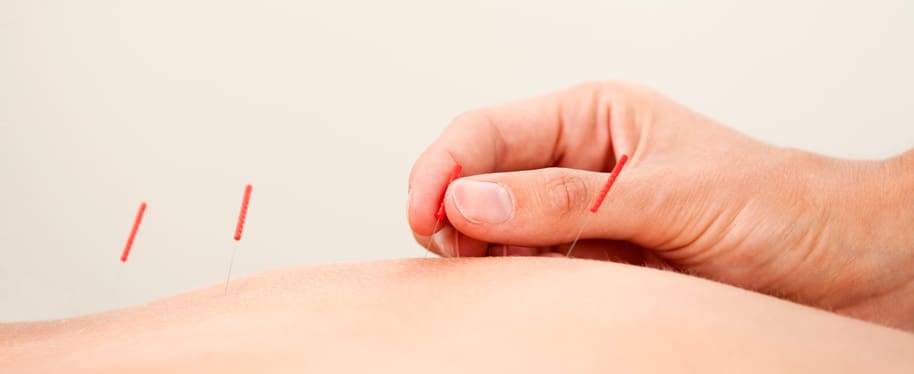
Acupuncture is a means of adjusting the body’s energy (Qi) through the insertion of fine needles into carefully selected acupuncture points. These points lie on energy channels, and are directly related to specific organs and physiological functions. The needles are manipulated with a gentle action, by twirling or leaving in place for a few moments. This stimulates the flow of energy and removes blockages so that the Qi can be dispersed and regulated. When the Qi is flowing properly throughout the body, the balance is restored and results include deep relaxation, pain relief, and healing.
FAQ
However, the National Institutes of Health in the United States have noted that many researchers are investigating the issue. Some possible theories as to just why acupuncture works include:
Changes to the central nervous system during acupuncture sessions alter the regulation of blood pressure and flow as well as body temperature.
Acupuncture stimulates the central nervous system causing neurotransmitters and neurohormones to be released, thereby boosting your body’s natural ability to heal itself.
Acupuncture reduces pain by releasing the endorphins, which naturally occur in the body’s pain control system, into the central nervous system.
Regardless of just how it works, the fact remains that it is a relatively painless procedure with minimal side effects when done by a professional.
As a member of the AFPA and ETCMA, our clinic adheres to the strict regulations and codes of ethics set down by these bodies.
If the patient has a haemophilic condition
If the patient is pregnant, in which case certain acupuncture points will be avoided
If the patient has a severe psychotic condition or is under the influence of drugs or alcohol
Click for more information on Treatments and Prices
Or call Niall on 087 2632732 for an appointment or free consultation.
